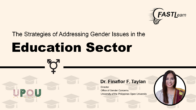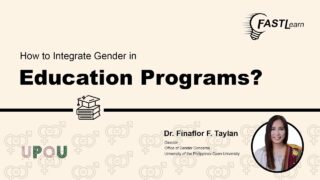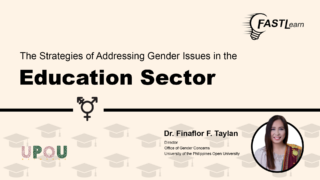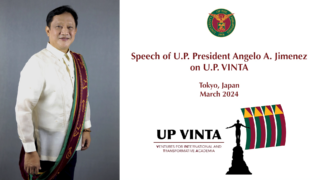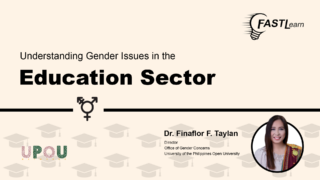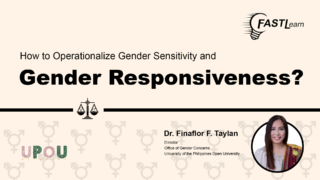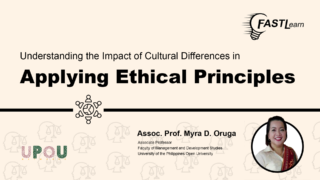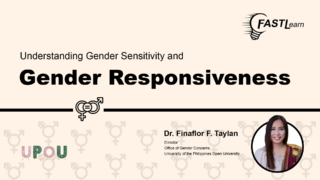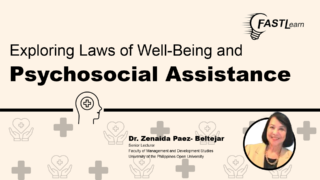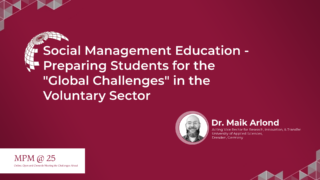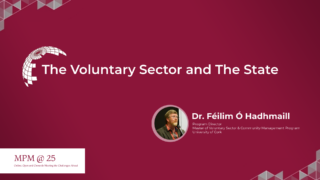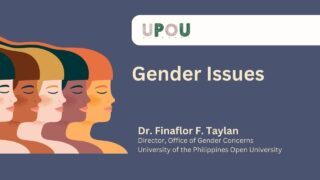Can you give some strategies on how to address gender issues in education?
What’s good in the Philippines is that we have laws in place. For example, in the Department of Education or even in Commission on Higher Education or CHED, particularly on DepEd, they have this administrative order on gender responsive basic education. Kung baga nilagay in school base or in education context ng DepEd, yung iba’t-ibang mga policies natin, gender policies sa national level, sa isang document. This was issued in 2017 and it was reissued or reiterated if I’m not mistaken in 2022. But still the same content.
Anong mga content na to? Nire-reiterate siyang kung anong mga nakalagay sa magna carta of women, lalo na patungkol sa girls, especially in education. Ensuring that we are integrating gender perspective in appropriate subjects pag-i-implement ng gender responsive policy sa skwela, gano’n binanggit ko kanina yung patungkol sa bawal dapat ang hindi natatanggapin yung mga estudyante natin once nabunti sila, or even kahit yung mga employees, bawal yun. Pati yung sa anti-vow ng mga batas natin, importante na nakalagay dun sa policy natin, dun sa depth and order na yun, mayroong VAW Desk Officer, where students can report any form of gender-based violence like sexual harassment.
So nakalagay lahat yun sa isang document, sa isang policy na ang pagkakafrace ay mauunawaan. We know that many of our policies, because most of the legislators na gumawa naman ay lawyers, very legalistic yung pagkakaphrase. But this policy, this DepEd Order that I was mentioning, kung baga madali siyang maunawaan, tas nasa isang dokumento siya.
Another part and very important element doon sa DepEd Order ay yung reiteration noong Safe Spaces Act din, lalo na yung free expression on the basis of SOGIESC o yung Sexual Orientation, Gender Identity and Expression and Sexual Characteristics. Kapag usually, pag graduation period, nagiging concern nyo mga damit. In recent years, just like last year and even nitong 2023, nagiging isyu na bakit napapayagan o kung pinapayagan ba na magsuot ng mga damit pang babae, for example, ang mga lalaki by birth, in short, yung mga transgender students natin. At ang explanation ng depth and need nito, based on this policy that we have, they should be able to wear whatever they prefer on the basis of their SOGIESC.
I’m happy of these developments. I just hope na mas na-implement talaga siya at nauunawaan siya ng implementers. Hindi lang out of compliance pero out of better understanding and acceptance and of course respect towards our education sector, especially our students kasi sila naman yung ating number one sector or client pag-usapin ng school or education.
